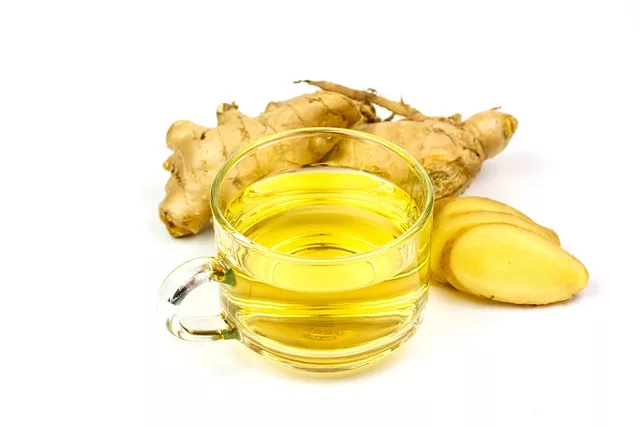Inflammation is a natural response by the body to protect against injury and infection. However, chronic inflammation can contribute to the development of various health conditions. While medical interventions are available, lifestyle practices can play a significant role in managing inflammation. In this article, we will explore four lifestyle practices that can help reduce inflammation and promote overall well-being: stress reduction techniques, regular physical activity, quality sleep, and mind-body therapies.
Stress Reduction Techniques:
Chronic stress has been linked to increased inflammation in the body. When we experience stress, the body releases stress hormones that trigger inflammation. To manage stress and reduce inflammation, it is essential to incorporate stress reduction techniques into our daily lives. Some effective methods include:
- Meditation: Practicing mindfulness meditation can calm the mind and reduce stress levels. It involves focusing on the present moment, which can help alleviate anxiety and promote relaxation.
- Yoga: Engaging in yoga combines physical movement, breath control, and meditation. This holistic approach not only reduces stress but also improves flexibility and strengthens the body.
- Deep Breathing Exercises: Taking slow, deep breaths activates the body’s relaxation response, counteracting the effects of stress. Deep breathing exercises can be done anywhere and anytime, providing an instant sense of calm.
- Engaging in Hobbies and Activities: Participating in activities that bring joy and relaxation, such as painting, gardening, or listening to music, can help reduce stress and inflammation.
Regular Physical Activity:
Physical activity plays a crucial role in inflammation management. Regular exercise boosts circulation, helps maintain a healthy weight, and releases endorphins, which are natural mood enhancers. To incorporate physical activity into daily routines:
- Choose activities you enjoy: Engaging in activities that you find enjoyable increases the likelihood of sticking with them long-term. This can include walking, dancing, cycling, or participating in team sports.
- Start gradually: If you’re new to exercise, begin with low-impact activities and gradually increase the intensity and duration. This helps prevent injuries and allows your body to adapt to the increased physical demands.
- Find opportunities for movement throughout the day: Take the stairs instead of the elevator, walk or bike for short errands, or take active breaks during work or study sessions. Every bit of movement counts towards reducing inflammation.
Quality Sleep:
Sleep deprivation and poor sleep quality have been associated with increased inflammation and compromised immune function. To improve sleep quality and reduce inflammation:
- Establish a bedtime routine: Going to bed and waking up at consistent times helps regulate the body’s internal clock and promotes better sleep.
- Create a conducive sleep environment: Keep your bedroom cool, dark, and quiet. Use comfortable bedding and consider using relaxation techniques like reading or listening to calming music before bed.
- Limit screen time before bed: The blue light emitted by electronic devices can disrupt sleep patterns. Avoid using screens at least an hour before bedtime to promote better sleep.
Mind-Body Therapies:
Complementary practices such as acupuncture, massage, and aromatherapy have shown promise in reducing inflammation and promoting overall wellness. These therapies may work through various mechanisms, such as stimulating the release of endorphins or promoting relaxation. Consider exploring these options under professional guidance to incorporate them into your inflammation management plan.
Inflammation management goes beyond medical interventions, and lifestyle practices play a pivotal role. We can reduce inflammation and enhance overall well-being by managing stress and being physically active. These practices not only contribute to inflammation management but also have a positive impact on our mental and physical health. Embracing a holistic approach to managing inflammation empowers us to take control of our well-being and lead a healthier, more balanced life.
Image by Patou Ricard from Pixabay
Health Topics
-

Ultimate Gudie to Manage Arthritis Through Diet and Lifestyle Changes
Arthritis, a condition characterized by joint inflammation and pain, affects millions of individuals worldwide. While medical interventions play a crucial role in managing symptoms, adopting the right diet and lifestyle changes can significantly contribute to improved quality of life for arthritis sufferers. This article offers a comprehensive guide to managing arthritis through dietary choices and…
-

What is Arthritis and its Symptoms -Dispelling Common Misconceptions
-

The Role of Salt in Hydration – Why You Need Balance?
-

Understanding BMI (Body Mass Index) and Its Importance for Health
-

How to Manage Overactive Bladder with These Remedies Naturally
-

How to Manage Chronic Inflammation with Natural Supplements and Herbs









Leave a Reply